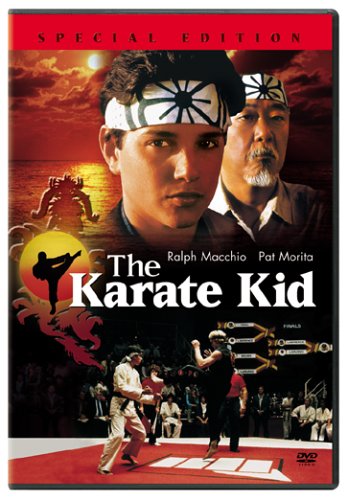The following is a guest post from Company.com.
If you’re getting your butt kicked, talk to an expert.
Sometimes experts don’t look like we expect them to look. Whether it’s the handyman who’s a martial arts expert or the tech support guy who speaks three languages, we can be surprised by what people know. One of the most common things employers suffer from is that they forget that their employees came to their current job with prior work experience — and sometimes that experience is in a different but useful field. Social networking, whether it’s on Facebook or Linked-In, is vital to contacting people who can provide credible help when you most need it — however, the cost of social networking is that you must be active and give your own expertise whenever you can. Nobody likes people who just take and never give back.
Know what the competition’s like when you move to a new market.
The only way to approach a new market is with confidence. However, that confidence should come from the fact that you have researched the environment, the competition and the opportunities, and that you know you have a better product or a better value proposition for consumers. If you don’t do your research and jump in with both feet, you’re likely to get the kind of whupping usually reserved for red-headed step-children. Confidence is good, blind certainty is bad.
Practice is boring. But it does improve your skills.
Who says you can’t learn karate from cleaning cars, sanding decks, and painting fences? If you want to sell, sometimes you have to practice your pitch, but sometimes you have to practice the other things that make you good at presenting. Firm handshakes, eye contact, active listening, objection handling — these are all good things in sales. Conversations with friends and family can take care of eye contact and active listening, dealing with your kids will likely make you a better objection handler. What you do on the practice field doesn’t always look like a game-time move.
Copying an old formula works — if you do it well.
Stories of overcoming adversity to become the best are not new. They were around a long time before we ever put them in movies. Who’d have thought that a guy who never went to high school would invent the automobile, or that college drop-outs in Massachusetts and California would invent machines which would revolutionize every workplace in the world? Franchises (and not just the celluloid kind) work on the same principle. Take an idea that works, figure out why, sell it to other people. McDonalds, Subway, Seven-Eleven, Kinko’s — you know what kind of service you’ll get in every single one of these places. You know that the menu, whether it’s food or services, is the same, no matter if you’re in Goose Creek, N.C., or Reedsport, Ore.
Respect and discipline will win in the long run.
In The Karate Kid, Danny wins out because he and Mr. Miyagi have a mutual respect that the Cobra Kai goons and Kreese, their teacher, don’t have. Respecting your suppliers and customers helps those relationships to develop. As a result, you may get better deals on credit terms from suppliers, and good word-of-mouth from customers. If you can develop those relationships while focusing on disciplined control of your expenditure, your business will be a winner.
